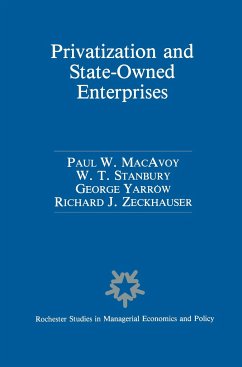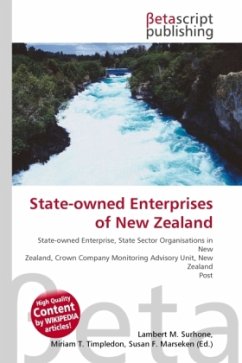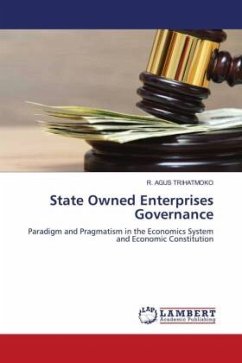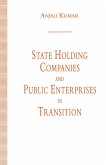The book is divided into three major sections. The first presents a theoretical discussion that underlies the other essays. The second section deals with privatization issues from the perspective of the United States. The third describes research addressed to the U. K. and Canada. In the first chapter, Richard Zeckbauser and Murray Horn develop a wide-ranging theoretical framework for assessing the capabilities and role of state-owned enterprises; it provides a foundation for the analyses that follow. In The Control and Perfonnance o[ State-Owned Enterprises , they describe state-owned enterprises as an extreme case of the separation of ownership and control. The focus is on management --the incentives it faces and the conflicts to which it is subjected. The distinguishing characteristics of public enterprise, the authors suggest, give it a comparative advantage over both public bureaucracy and private enterprise in certain situations. They argue that legislators are more likely to prefer SOEs over private enterprise when the efficiency of private enterprise is undermined by regulation or the tbreat of opportunistic state action, when the informational demands of subsidizing private production to meet distributional objectives are high, when it is difficult to assign property rights, or when state ownership is ideologically appealing. These considerations suggest why SOEs are usually assigned special rights and responsibilities, and they help explain observed regularities in the distribution of SOEs across countries and sectors. Zeckhauser and Horn apply principal-agent theory to identify the key factors underlying the performance of state-owned enterprises.








